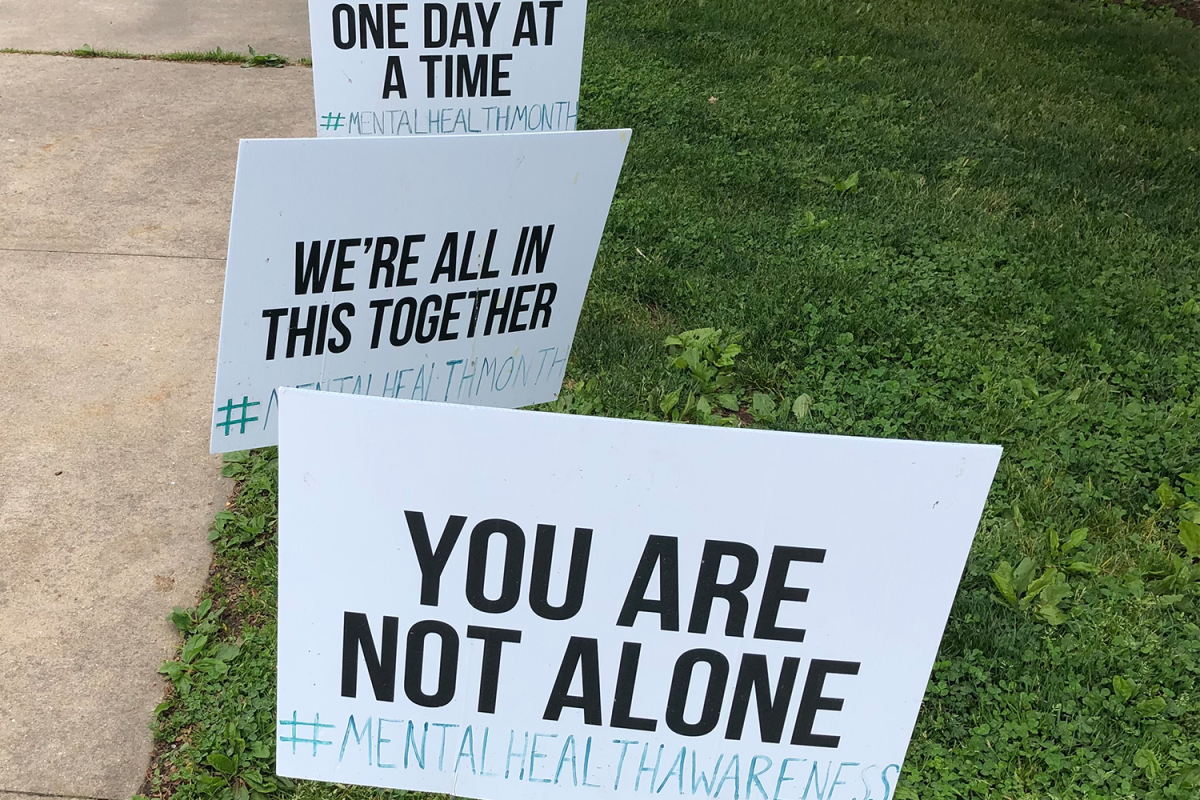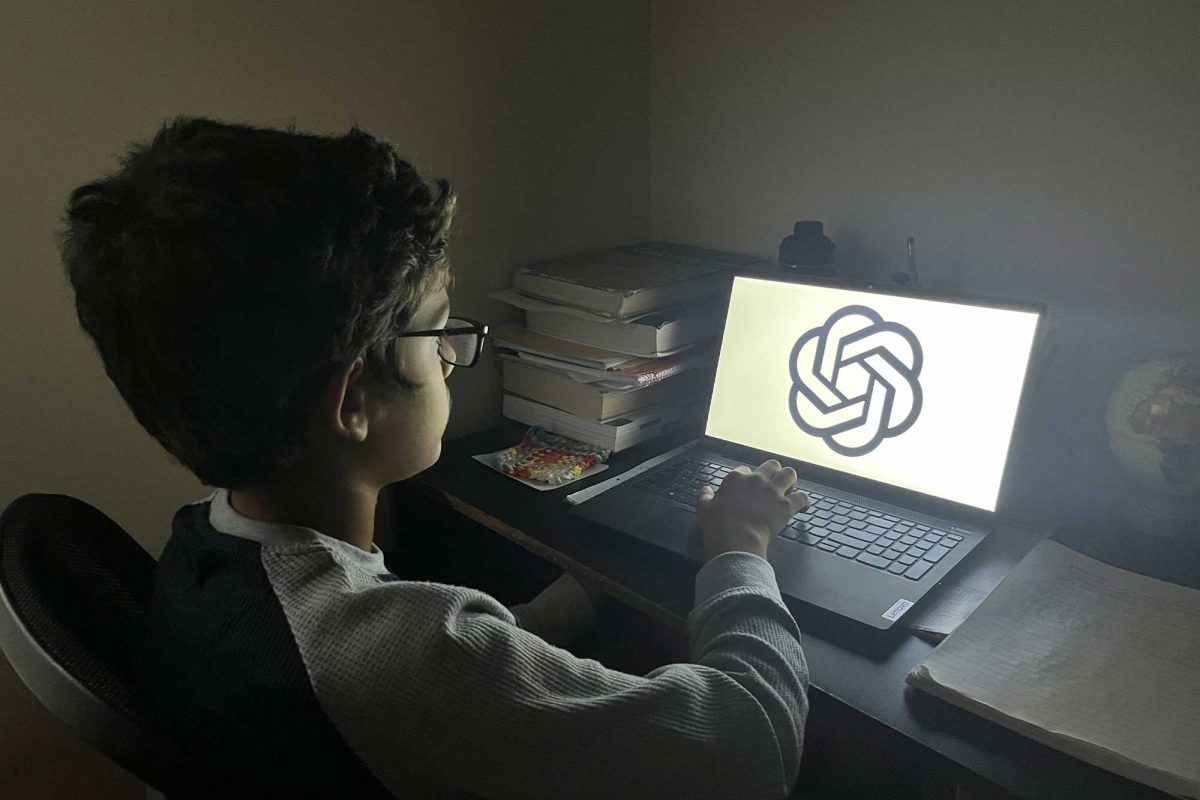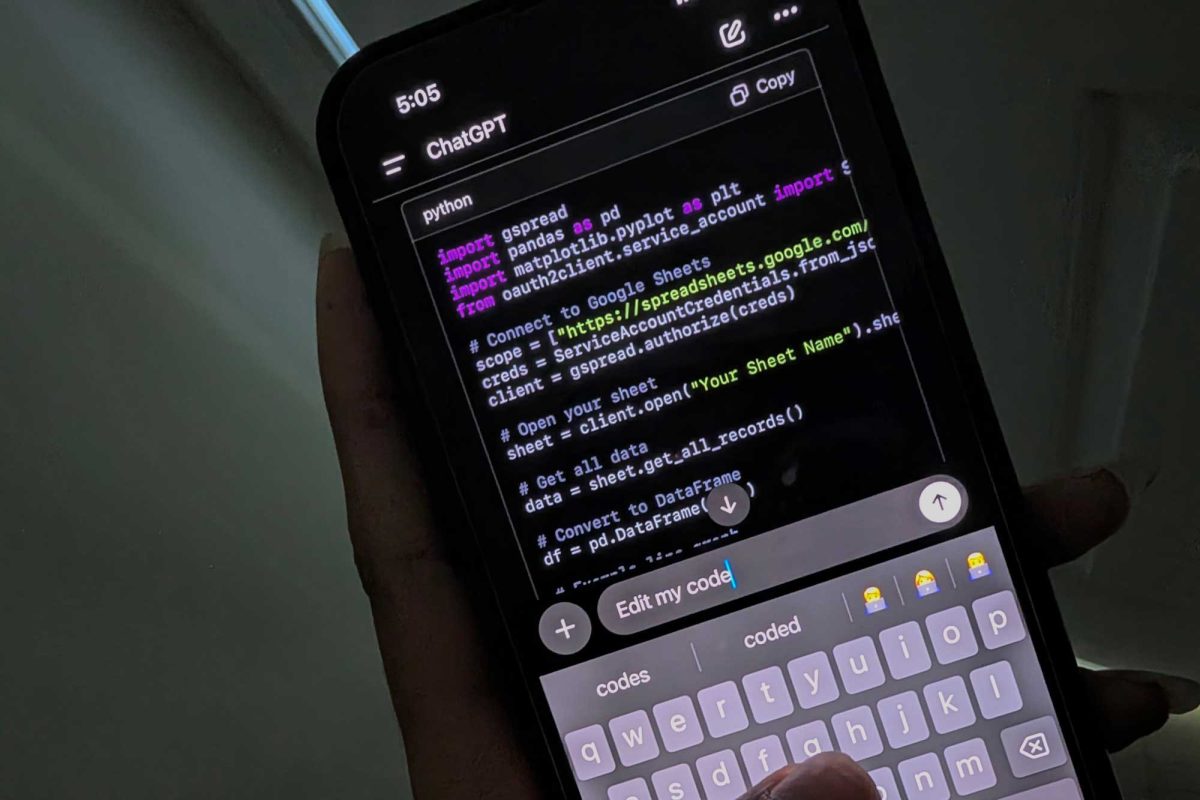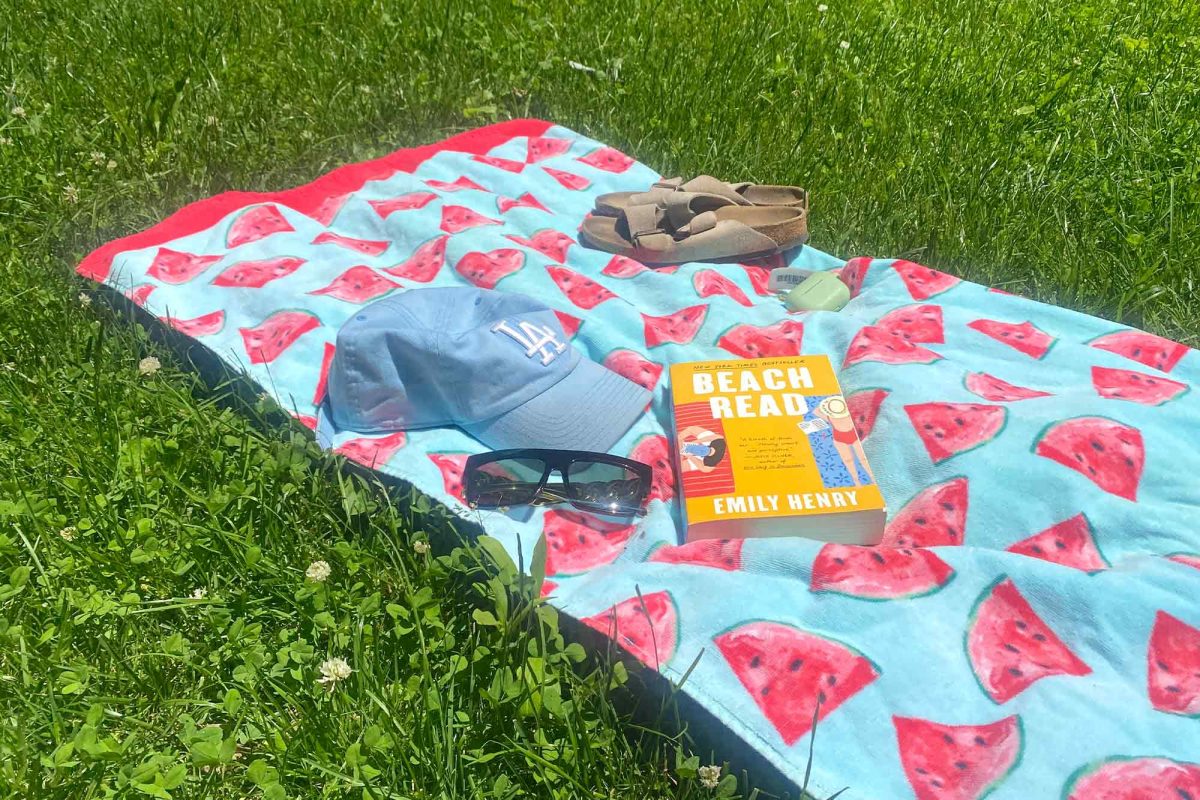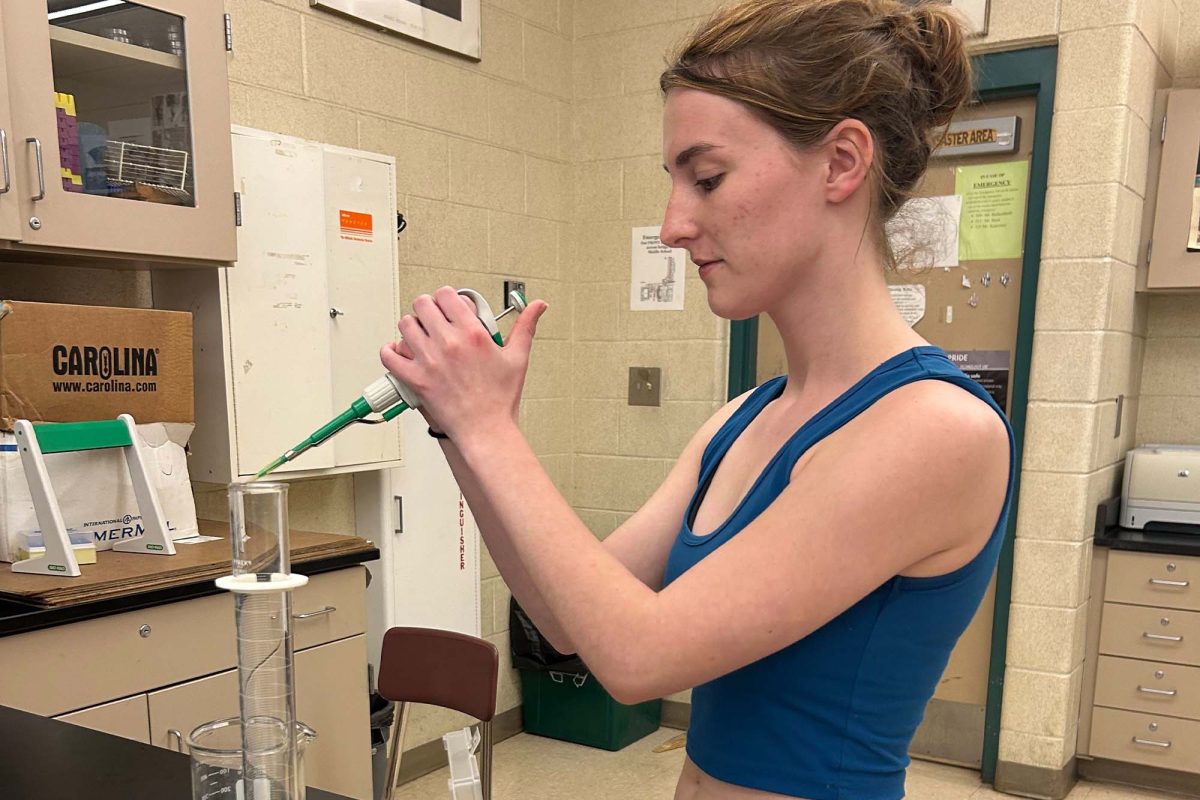Many reasons are considered valid for missing school. A sickness. A school activity. A family emergency. Even 10 days a year are allotted for “educational family trips.” But it seems that another reason is being added to the list.
At the May 8 meeting of the WSSD School Board’s Policy Committee, a group of students involved in Cultural Proficiency Equity Student Ambassadors, or CPESA for short, presented to the committee on student wellness in the district.
The focal point of the student presentation was a proposed revision to the Attendance Policy. The proposed revision would allow four days a year allotted to each student as a Social-Emotional Wellness Day.
At the meeting, CPESA framed wellness days as a chance to recharge and improve their own well-being. According to CPESA, it was intended for students to meet with a counselor the next day after taking a mental health day, but this provision would not be included in the policy revision due to a lack of counseling resources.
Mr. Travis Edwards, the tenth-grade counselor, agreed that counseling check-ins following a wellness day could be challenging to manage.
“In theory, it would be wonderful for us to check in with the students in the next day. I think sometimes with scheduling, that can be difficult,” Edwards said.
Junior Zoe Likely, a member of CPESA who was charged with determining what a wellness day entails, expressed disappointment at the board’s decision but understood the reasoning.
“I understand that if the student just needs a day, there’s no reason why they should have to meet with the counselor. But I do think in those situations where students are taking consecutive days, they should be meeting with a counselor,” Likely said.
According to Likely, this topic is one they may bring to the board in the future.
“So it is a little bit detrimental, and maybe that’s just something we have to continue to work with the board on next year. But a step is a step,” Likely said.
A further concern raised by some is that without this provision included, the policy could be abused.
“Without [counseling check-ins] I would say, good for people who need it, but I think people will abuse it, especially seniors,” senior Alex Zweier said.
Despite concerns that the policy could be abused, Likely argued that the value outweighs the possible costs of misuse.
“Even if the policy can change one person’s life, I wouldn’t be concerned about maybe the five people who are misusing the policy,” Likely said.
One of the methods of data gathering used by CPESA to inform their proposed revision to the policy was surveying the local community of parents, students, and teachers.
While CPESA’s survey data overwhelmingly supported either three or four wellness days allowed per year, teachers were by far the most resistant group to the idea, with about 25% of teachers recommending no wellness days be permitted.
Freshman English Teacher and World Religions teacher Mr. Daniel Peterson was unsure of how the policy would be utilized by students but did not immediately dismiss the idea.
“We’ll see what happens,” Peterson said.
The idea of mental health days for students is not a new one. In February, the PA House Education Committee cleared House Bill 1519 from the committee.
The bill, sponsored by Representative Napoleon Nelson, D-Montgomery, would grant three mental health days per school year as excused absences.
The bill has yet to be brought to the House floor for a vote.
The bill passed through committee 14-11 along party lines, and a dissent was issued by Jesse Topper, the Minority Chair of the committee.
“For many of our most at-risk students, being in school might be what’s best for them,” Topper said.
Some students, however, feel that wellness days could help students in school better than being in school itself, as Topper suggested.
“I think it’s a good idea because it allows people to prioritize their mental health, which will help them do better in school than if they couldn’t,” Zweier said.
However, others say the opposite, further showcasing the significance of the removal of counseling check-ins.
“I feel like mental health is not enough of a valid excuse, I just feel like you need more of a substantial reason. It would get abused, because you have no way of proving it,” freshman Adam Neikam said.
It’s also worth noting that the Pennsylvania bill only allows three mental health days instead of the four proposed in the WSSD policy.
Some in the school community believe that three days a year works better, as seen in the survey results found in CPESA’s presentation.
“I think four [days] may be a bit too much, maybe three [days], but it seems like a relatively good number,” freshman Jonah Wimmer said.
While some feel that the policy could get abused, others feel that limiting the number of days will prevent significant misuse.
“I think with the four day limit it can’t be abused too heavily,” senior Max Kikkawa said.
According to Likely, CPESA would have recommended a looser restriction on the number of days if they could.
“In a perfect world, we would want it to be an unlimited number of mental health days, kind of just like there’s an unlimited amount of sick days,” Likely said.
“But, the thing is, we also have to think about what the board would pass. Four is better than none.”
Edwards considers four days to be a good baseline, though he recognizes that some students may require more.
“It’s not the worst, right? And I think if a student was using more, or needed more, we would identify that really quickly,” Edwards said.
Likely emphasized the importance of flexibility with wellness days.
“I was one of the people who said it should be more flexible, just because we’re trying to end that stigma where you feel like you can’t tell anybody,” Likely said.
Despite the uncertain future of the law in PA, the school board voted to move the revised policy for a second reading eight to one.
The lone dissenting member was Nanette Whitsett, who raised concerns about the impact on parents and teachers.
“We just heard a really wonderful presentation from our students. … But I just think we need a little more time to digest it. So I’m recommending that it not go to a second read and possibly just be tabled,” Whitsett said.
Assistant Board Secretary Mary Jo Witkowski-Smith expressed concern about the policy, but voted to advance the policy to a second read on the condition that it be reevaluated in the future.
The policy will move on for a second reading at the June Policy Committee Meeting.
During his report to the board, Superintendent Dr. Wagner Marseille encouraged the Board to continue working to improve student mental health.
“This is one piece, a small piece of the pie in addressing mental wellness,” Marseille said.




